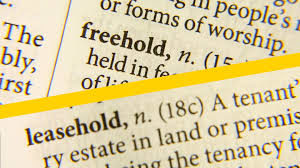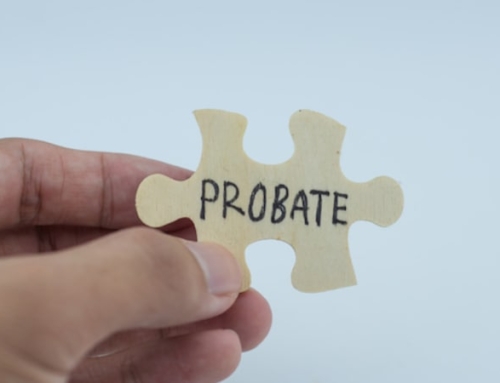
What does owning a property Freehold mean?
Buying a property freehold means that you own the building outright as well as the land on which it is built. Subject to planning permission you can do whatever you want with your property, however this freedom also means that you are responsible for all repairs and maintenance to both the property itself and the land within your boundary. Most houses are purchased freehold with only a small amount being leasehold (i.e. through shared ownership schemes).
What does owning a property Leasehold mean?
If you buy your property leasehold, you have ownership of the building but not the land it stands on. Under this arrangement ownership of the land remains with the freeholder and ownership of the property will be subject to a fixed term lease which typically varies from 99 to 125 years. At the end of the lease, ownership of the property will revert back to the freeholder. In England and Wales most flats and maisonettes are owned on a leasehold basis.
Leaseholders are subject to additional financial commitments such as ground rent, management fees or service charges. These are payments which are made to the freeholder, often via a management company, to cover the cost of maintaining the external walls of the building as well as communal areas. It is important to understand these costs prior to buying a leasehold property as they may affect whether or not you can afford to live there. Any repairs and maintenance required on the property itself will also be the leaseholder’s responsibility for the duration of the lease and certain alterations may require permission from the freeholder.
Before purchasing a leasehold property you must carefully check the remaining length of the lease as this could limit your mortgage options as well as having a serious impact on your ability to sell the property later down the line. In some instances it may be possible to extend a lease therefore we recommend having it examined by a qualified conveyancer prior to buying the property. They will highlight any limitations as well as detailing your financial obligations to the freeholder and/or Management Company.
Helping you buy your new property
However you purchase your property the Backhouse Solicitors conveyancing team are here to give you expert advice. We will ensure that any lease obligations are explained to you in plain English so that you are fully aware of your commitments prior to buying your home. For more information or to book an appointment please contact Liz Searl at liz.searl@backhouse-solicitors.co.uk or pop into our office at 17 Duke Street, Chelmsford.
Liz Searl, Head of Residential Property
Tel: 01245 893400





